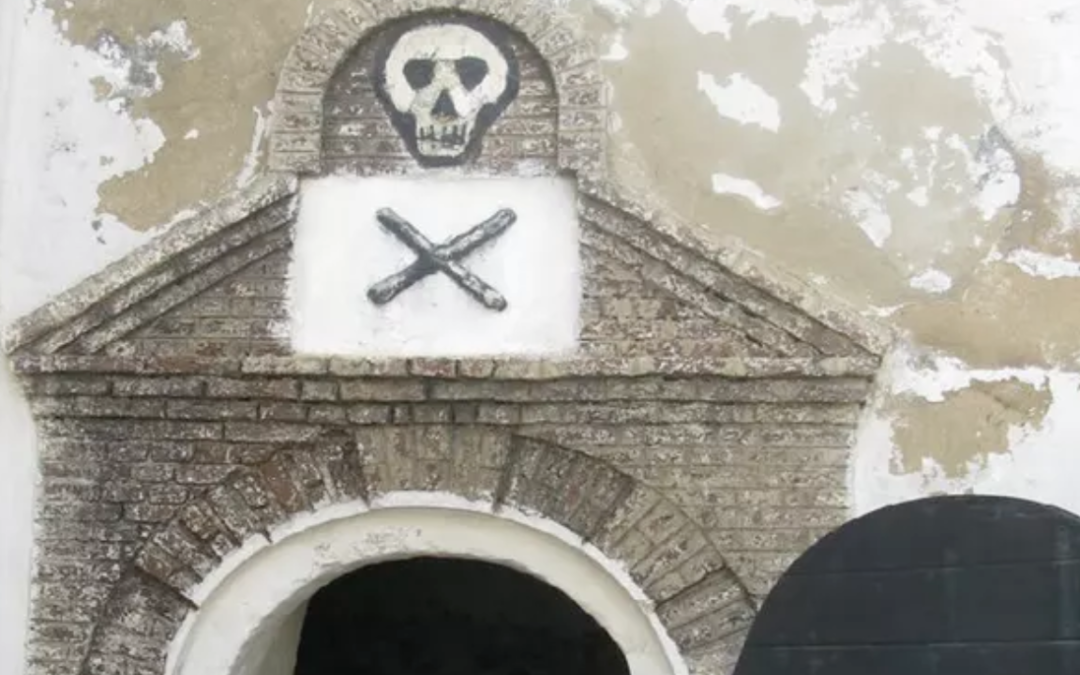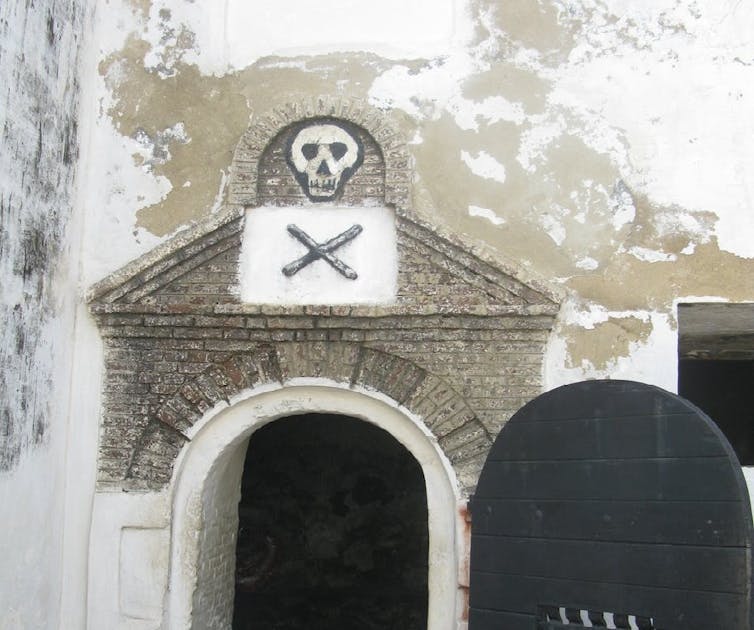
Ghana’s Year of Return 2019: traveler, tourist or pilgrim?

“We may call ourselves African Americans but we are truly disconnected from Africa. I say WE because I’m not excluded! I thought ‘my people’ came from South Carolina … but this heritage was only a small part of my people’s journey that began in Ghana, a place that had kings well before Europe had theirs.”
These were the words of American actor and director Michael Jai White, who visited Ghana towards the end of 2018.
He and over 40 African diasporan celebrities took part in “The Full Circle Festival”, designed to attract visitors to Ghana. The list included Idris Elba, Boris Kodjoe, Naomi Campbell, Anthony Anderson, and Adrienne-Joi Johnson. During the visit, Akwamuhene Odeneho Kwafo Akoto III, the Akwamu Paramount Chief, enstooled White as Chief “Oduapong” meaning “Tree with strong roots that does not fear the storm”.
The Ghana government invited the celebrities as part of the “Year of Return, Ghana 2019”. The initiative involves a year-long series of activities. These include visits to heritage sites, healing ceremonies, theatre, and musical performances, lectures, investment forums, and relocation conferences. The aim is to promote Ghana as a tourist destination and investment opportunity.
This year marks the 400-year anniversary of the first enslaved Africans’ arrival in Jamestown in the US. The Year of Return represents an effort to “unite Africans on the continent with their brothers and sisters in the diaspora”.
In support, Ghana’s President Nana Akufo-Addo said:
We know of the extraordinary achievements and contributions (Africans in the diaspora) made to the lives of the Americans, and it is important that this symbolic year – 400 years later – we commemorate their existence and their sacrifices.
In commemoration, numerous visitors are traveling to Ghana. The National Association for the Advancement of Colored People will also conduct the Jamestown (Virginia, US) to Jamestown (Accra, Ghana) Memorial Trip.
Ghana is number 4 on CNN Travel’s 19 best places to visit in 2019.
Genealogies
African diasporans as “returnees” dates back to Ghana’s immediate post-independence period. Shortly after independence in 1957, President Kwame Nkrumah invited many well-known African diasporans to assist with nation-building. These included Julian Bond, Martin Luther King Jr., George Padmore, Malcolm X, Maya Angelou, Richard Wright, Leslie Lacy, Muhammad Ali, and W.E.B. Du Bois.
In the 1990s, President Jerry Rawlings initiated heritage tourism based on the transatlantic slave trade and Pan-Africanism. Ghana’s coastal forts and castles became integral to heritage, tourism and development strategies. Events included the Pan African Festival of Theatre and Arts (PANAFEST) and Emancipation Day. All were dedicated to the promotion of Pan-Africanism and attracted African diasporans, notably African Americans.
As part of the nation’s 50th independence in 2007, President John Kufour partnered with the Discovery Channel and launched “Ghana – The Presidential Tour”. He introduced “The Joseph Project” that targeted middle-class, Christian African-Americans.
The forts and castles remained center stage. Additional plans included the development of commemoration gardens, DNA projects, and sponsored tours. It also involved developing an interfaith center at Assin Manso, where captive Africans had their last bath before being transported onto the slave ships.
President John Atta Mills continued with heritage tourism as a means of development. In 2009, the most high-profile African diasporan tourist and pilgrim, US President Barack Obama, visited Cape Coast Castle.
In 2015, President John Mahama sought assistance from the United Nations Educational, Scientific and Cultural Organisation for the forts and castles, and further development of heritage tourism.
Over the years, successive governments have also offered opportunities such as granting citizenship, dual nationality status, tax exemptions, and land grants to diasporans to encourage returnees.
Commercializing homecoming
Since Alex Haley’s 1980s popular novel and television series, Roots, African diasporans engaging in “heritage tourism”, “roots tourism” or “pilgrimage”, travel to Africa as tourists and pilgrims. This blurs the distinctions between travel, tourism, and pilgrimage.
African diasporans visit the forts and castles as the material embodiment of death, violence, and subjugation during the transatlantic slave trade. They are the sites where captive Africans forcibly departed the continent to be trafficked through the Middle Passage and enslaved in the New World. Interpretations over the histories told at these sites are frequently contested.
Diasporans also visit other sites such as Manyhia Palace in Asante that represent the glorification of an African regal past.
In 2018, Ghana secured $40 million from the World Bank to develop heritage tourism. It is hoped this will stimulate economic development.
Yet, ongoing debates view heritage, tourism, and development in various ways. Some view it as exploitative and destructive, replicating and perpetuating colonial forms of domination and structural underdevelopment. Others view it positively. A few remain ambivalent.
An act of reclamation
The Year of Return 2019 remains deeply embedded within a capitalist culture that engages with a complex set of practices, discourses, and meanings.
Commercialization of the “return” requires the saleability of the history of the transatlantic slave trade for African diasporan consumption.
Herein lies a painful irony: the commodification of heritage directed at African diasporans is based on a system that was once the commodification of people, through the transatlantic slave trade.
Descendants of the enslaved of the past are the heritage tourists and/or pilgrims in the present.
Still, constructions of Africa have always been central to African diasporic imaginaries. White’s comments resonate for many African diasporans. For many diasporans, the “return” symbolises an act of heritage reclamation. Africa is viewed as the motherland. It is considered a source of black resistance, pride and dignity.
For Africans and African diasporans such as White, knowing heritage pasts are important. But it remains to be seen how this will translate into critical and sustained engagement to realise the potentials for transforming heritage futures.![]()
Rachel Ama Asaa Engmann, Assistant Professor, African Studies, Archaeology, Anthropology and Critical Heritage, Hampshire College
This article is republished from The Conversation under a Creative Commons license. Read the original article.
